Board of Education Adjusts Athletic Eligibility Policy

“My goal this year is zero ineligible athletes,” said District Director of Athletics Ryan Peters.
When Bison fans watch our athletic teams play, we tend to worry about points on the field, not points in the classroom.
However, a student athlete who is unable to compete because of academic eligibility can make a huge difference in the outcome of a game.
A new eligibility system was approved by the Beachwood Board of Education on Monday, Aug. 10, limiting the academic probation period for student athletes from four weeks to two. This change is designed to prevent athletes from quitting their respective sports after being ruled ineligible.
Athletic Director Ryan Peters wants to keep students motivated in both academics and athletics.
“I want kids to know that it’s important to be a student before an athlete, not the reverse,” he said.
“When I first arrived here, I thought our standards were low, and I saw an opportunity to improve expectations,” Peters said.
At the time, the school enforced the minimum Ohio High School Athletic Association academic rules, requiring students to maintain passing grades in five one-credit courses.
“These [expectations] are low, and our standards in Beachwood are higher,” Peters said.
In the 2013-2014 school year, the district implemented higher eligibility standards for student athletes, requiring athletes to maintain a 2.0 GPA or higher and earn above an “F” in every course.
Two school years after raising the standards, the school is updating the policy.
Previously, student athletes failing to meet eligibility requirements were obligated to serve a four-week waiting period before playing again.
But Peters felt that four weeks was excessive.
The change in policy reads as follows:
“Students on academic probation will be ineligible to participate in interscholastic competitions for at least the first fourteen calendar days of the quarterly grading period. Student on academic probation will have the opportunity to resume participating in interscholastic competitions after the first fourteen calendar days of the grading period if they maintain the rest of the eligibility standard.”
Some may argue that the new policy gives student athletes leeway to prioritize sports above school. Peters disagrees.
“I feel that it will give [coaches and administrators the opportunity] to keep kids engaged more, as opposed to [allowing unmotivated students to give up by] just saying, ‘I’m out,’” he said.
The responsibility to keep athletes eligible is a collaborative effort among students, teachers, coaches, parents and administration,” Peters said.
The level of commitment to a student-athlete’s academics is one staple that determines whether he feels a coach is a good fit for the district.
“Coaches can go on Infinite Campus and check grades,” he said. “They will receive a weekly eligibility report for their teams that lists all the kids’ grades; I review it every week.”
Many coaches require players to attend study tables. Students go in before and after practice under the coach’s supervision to make sure their work is accomplished. Students are encouraged to attend academy period daily and to work closely with their guidance counselors.
Peters said he feels these methods have been helpful, but finds it frustrating that some students are still unmotivated and quit on both sports and academics.
This apathy toward academics affected the 2013 Bison football team, which lost numerous starters for their OHSAA Division V state playoff game against Gilmour Academy. The vulnerable Bison were trounced by the Lancers of Gilmour, 57-14.
With the new eligibility policy, Peters is attempting to avoid a similar problem.
Soccer starter Cameron Krantz fears that eligibility could affect this year’s team, as a key player is currently failing to meet the academic policy.
“[He] did start on the varsity team last season, so his absence is causing a lot of guys to shift over and play different roles,” Krantz said.
Peters hopes this change in the rules will help to improve both grades and team performance.
“My goal this year is zero ineligible athletes,” he said.



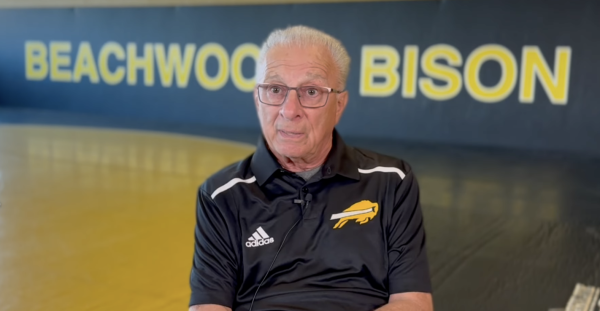
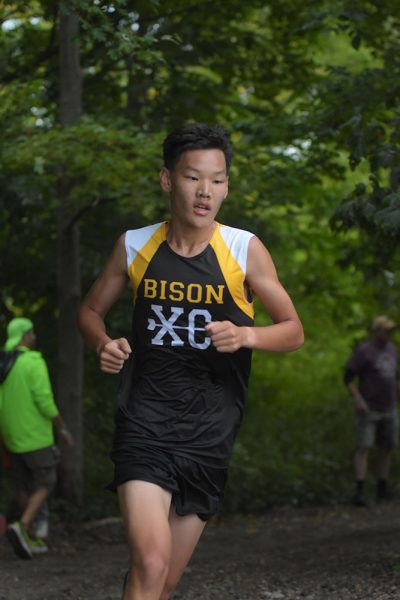

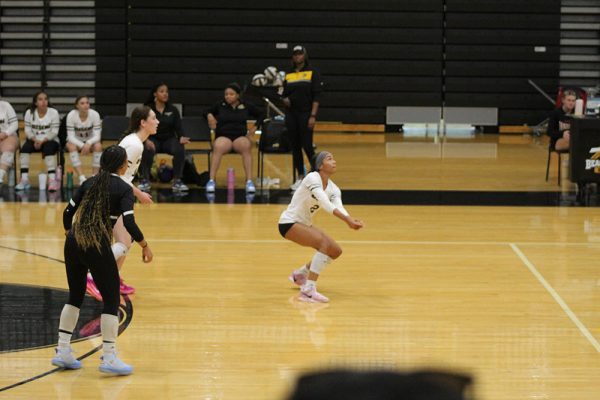
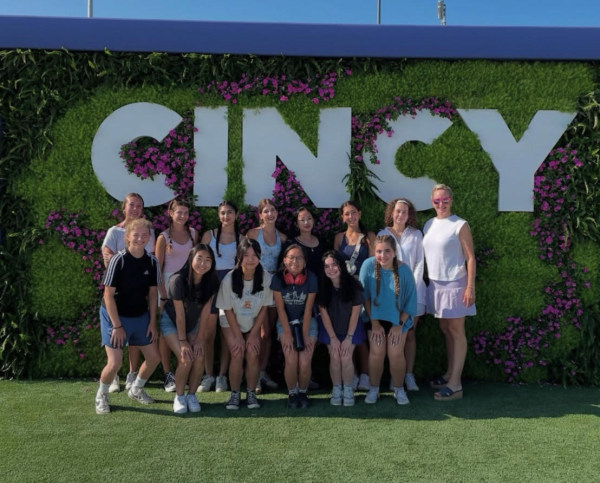
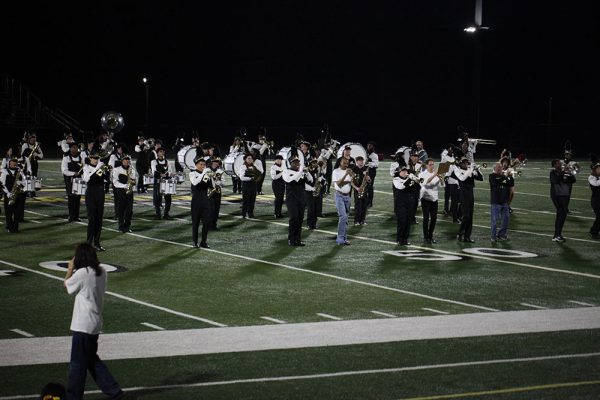



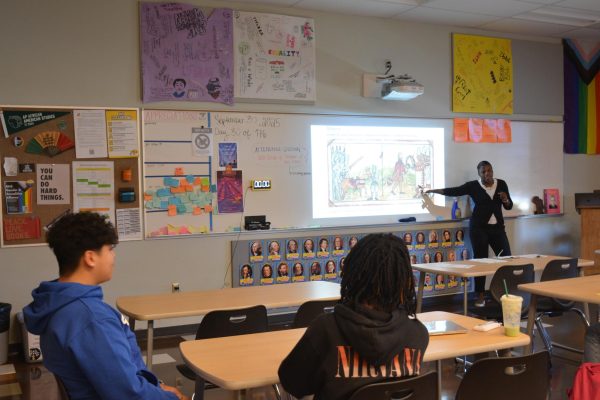
Karen Rosenblum-Clar • Aug 18, 2015 at 3:43 PM
I agree that the academic standards must be high for Beachwood. However, I think that a 2.0 overall average is still to low to be acceptable to be eligible to play. A 2.0 is almost a failing grade, and, very poor standards to be accepted to college after graduation, which we hope is a goal of every Beachwood graduate. I agree with the shorter period of ineligibility due to poor grades, however, believe that the students should be held to higher grade standards.